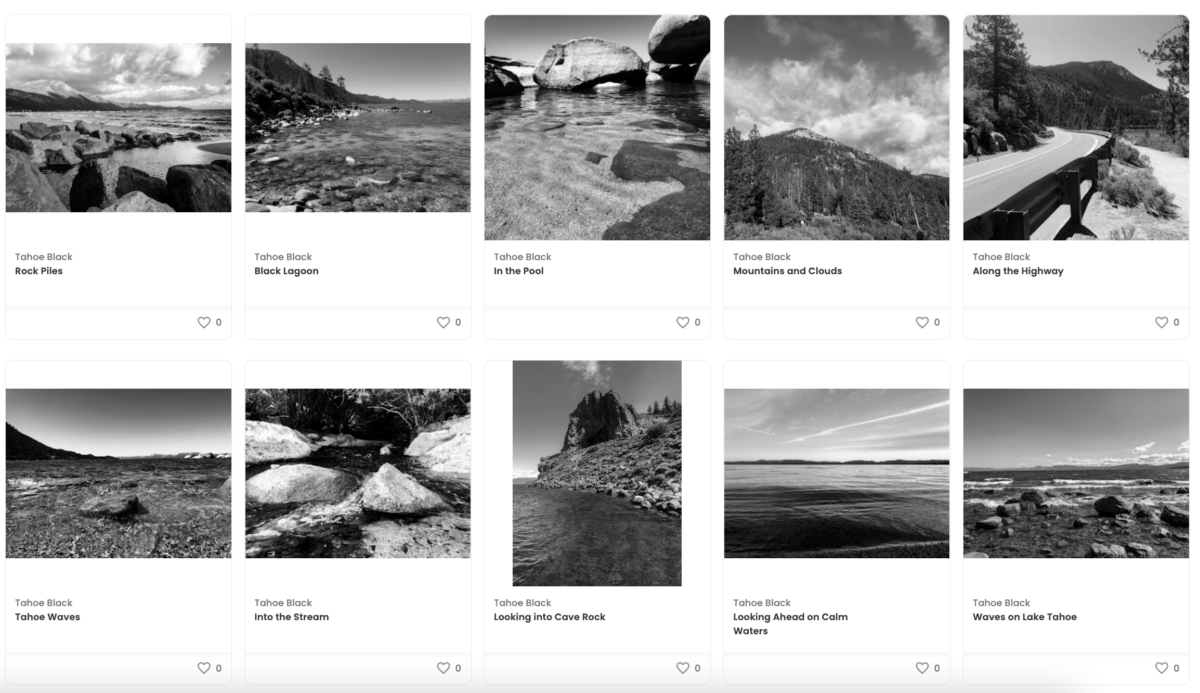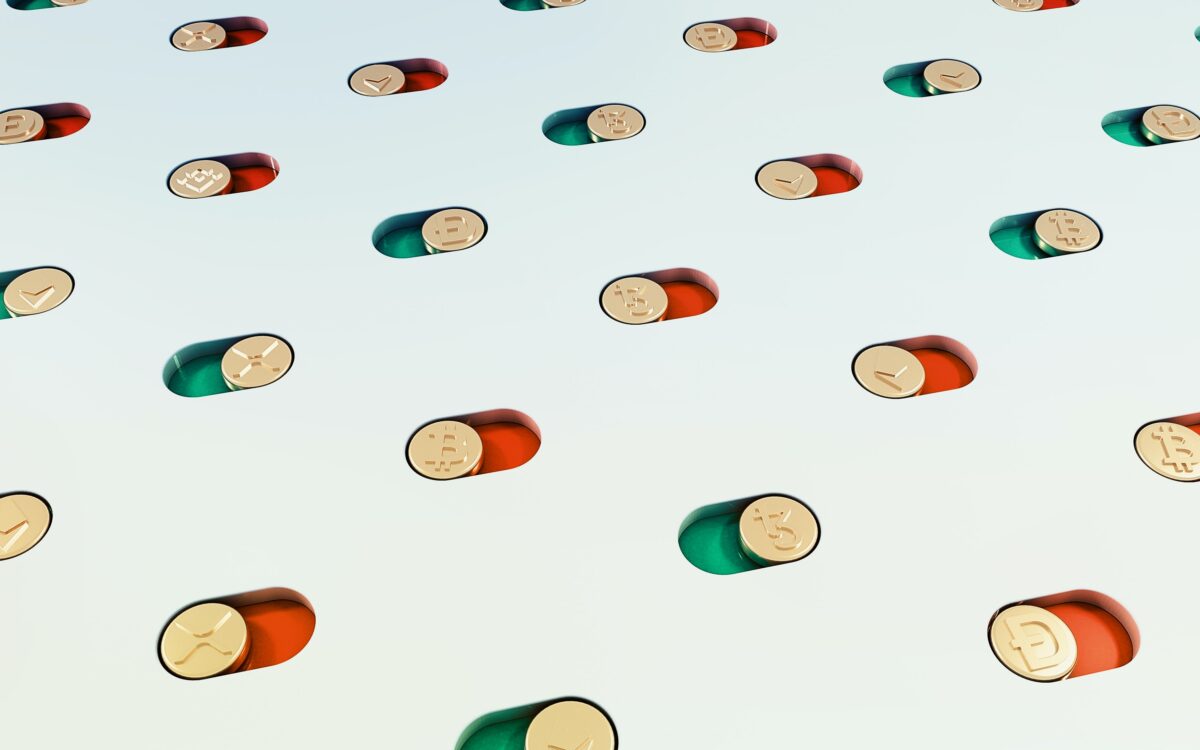Photo credit: My own NFT collection covering my Lake Tahoe trip
Launching an NFT project requires a combination of creativity, coding, marketing and attention to detail and when it all comes together, you can create successful collections that provide value to both you and the end purchaser.
Our ultimate NFT launch guide will help you plan a project from start to finish or help you get to the next step if you’re stuck. If DIY isn’t an option for you because of time, programming or creative constraints there are a number of boutique firms online that can help manage all aspects of design and launch.
What You Need to Get Started
- Project idea
- Goal
- Incentives for holders
- Art direction
- Concept
- Layering
- Programming Resources
- Generation
- Storage
- Cryptocurrency
- Distribution (Ethereum vs Solana vs Matic)
- Opensea
- Marketing Resources
- Discord server (launch and admin)
- Website creation
- Social media buildout
- Promotion
Project Idea
Project Goal
I’ve seen a lot of projects where it’s clear the organizers skipped straight to the art and launch process without really thinking through the project value proposition. NFT projects can and should be so much more than just artwork. There should be a goal for the project and what you want to accomplish.
Incentives for Holders
One way to differentiate your project from other NFT collections is to have an incentive in place for whomever holds your token. It could be access to an exclusive members portal, real world benefits or any other designations.
Art Direction
Concept
This is actually the hardest part because your creative concept will ultimately define every part of the project in some way or another. There is infinite possibility so consider what’s not out already out there vs doing another pixel character line where you have limited differentiation.
Layering
Whatever you decided to choose, the most important part is making it scalable. Whether you plan to do 1,000 tokens or 100,000 … you have to make the creation process scalable because you can’t reasonably do this by hand.
NFT artwork is structured in layers using Photoshop or Illustrator with layers for each element that will go into the final image. These layers will be different background colors, attributes and features that when generated should make a cohesive image and you can set rarity for each in the minting process.
Programming Resources
Artwork Generation
There are a number of scripts that can take your layered documents and automatically generate your entire series of NFTs. Using these scripts is fairly simple and requires some light programming knowledge to test and use.
Storage
Once your artwork is generated, you can store your art either on or off chain. Ideally you’ll want to store on chain as it will make launch easier but if you decide to store off chain, you’ll want to make sure that in case of a failure or hack you won’t lose everything.
Cryptocurrency
Distribution
One of the most important factors is what cryptocurrency you’ll want to use for your tokens. Ethereum had been the preferred crypto for NFTs but high gas fees (transaction costs) meant that smaller projects were often untradeable because the transaction cost was more than the value of the token. Recently more projects have been aligning with Solana or Matic as they have the same advantages of Ethereum with significantly lower transaction costs.
If you plan to launch with Ethereum, it should be for limited runs or for very highly visible, highly touted projects. If you’re doing a series of 10,000 and have never launched before, then you’ll want to look at Matic or Solana as it will be more attractive to buyers.
Opensea
Their market is the easiest place to distribute and manage your project. You’ll be able to host, catalog and see real time transactions for your project through their marketplace and that’s where you’ll find all of your buyers.
Marketing Resources
Discord
Discord servers are the backbone of any successful project. They allow you to cultivate your community, stay in constant contact and let them know critical updates. If you don’t have time to manage and moderate your server, you’ll want to hire an experienced moderator to make sure your community is well managed and informed.
Website
The second component you’ll want to build is a site that talks through the project, allows minting and serves as a portal for your social media accounts and discord server. A site that names project participants will also lend credibility to the project vs using anonymous names.
Social Media Buildout
As part of the overall marketing asset buildout, you’ll want to make sure the project is visible on Twitter and Instagram. Aside from posting updates, you’ll want to sponsor posts targeting the community to help build visibility and gain traction.
Promotion
Most projects enlist known entities in the cryptocurrency space to promote and advocate for their projects. These can be individuals or collectives that have a strong sway in the community and can quickly generate traction. However creators need to be sure they choose the right promoter
Final Word
NFT projects can be an amazing distribution vehicle for brands and creators and the time to begin developing a NFT strategy is now.

